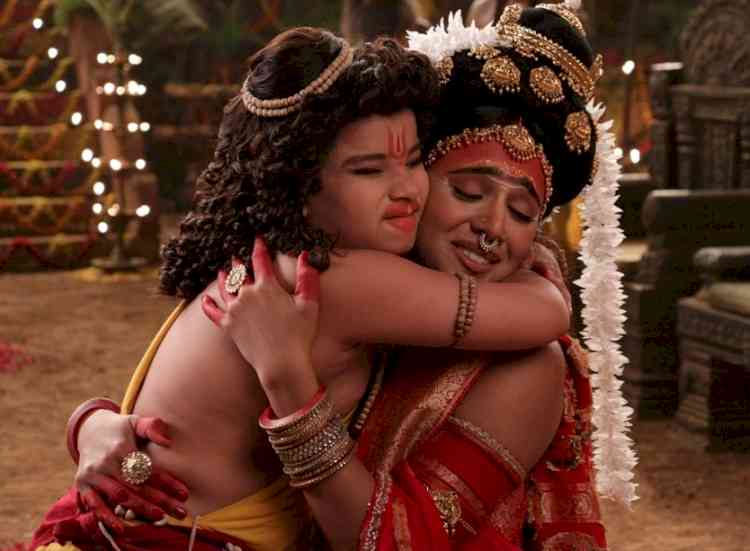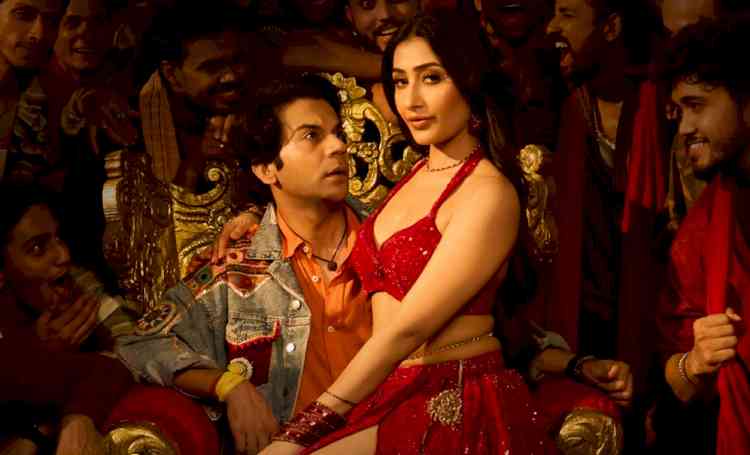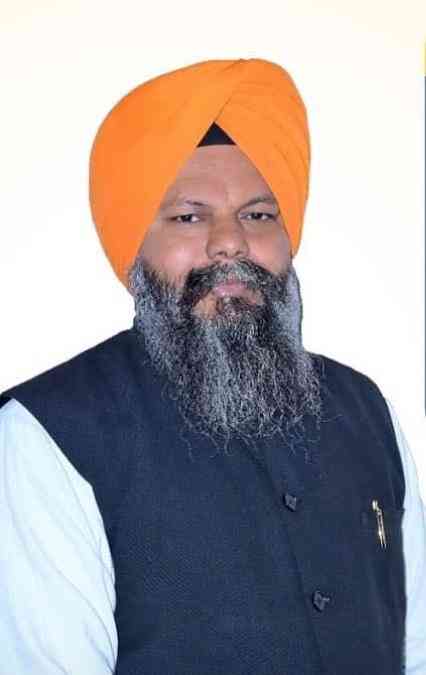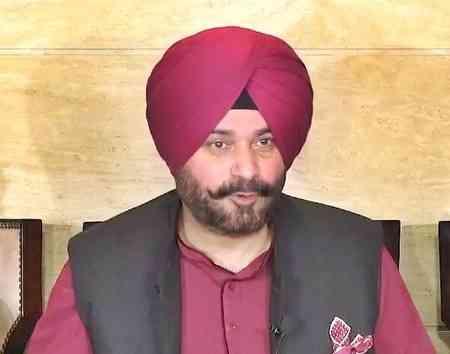Sony SAB’s Wagle Ki Duniya turns one
Here’s what makes the show an audience favourite
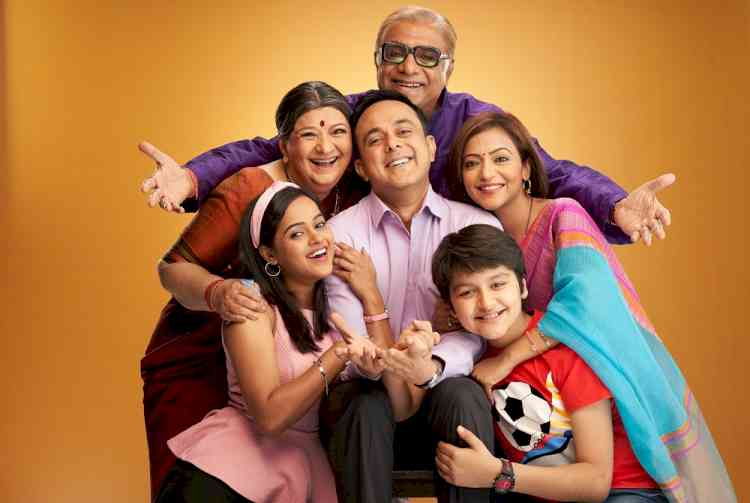
Milestones are special, more so if you get to celebrate them with the most endearing family around! Enthralling audiences with its heart-warming storyline and characters, Sony SAB’s Wagle Ki Duniya – Nayi Peedhi Naye Kisser completes a successful year emerging as a standout on television. Launched as a modern-day rendition of the 80’s sitcom created by RK Laxman, the show managed to strike a chord with the viewers right from day one, stirring emotions and values of the quintessential Indian middle class.
From the sensible duo Rajesh – Vandana and the endearing Senior Wagles to a vibrant Sakhi and a naughty Atharva, we laughed with them, cried with them and experienced their pain, as they steered into our living rooms and eventually our hearts over the last one year. And through this journey, the show encapsulated some moments and topical issues that made us laugh, learn and reflect, all at once.
As the show turns one, here’s a rundown on some instances that make Wagle Ki Duniya a unique show for the right reasons -
Power…err problems of a common man
Multiple instances in the Wagle family have captured the true essence of regular Indian households. From accidentally coming into possession of fake currency to figuring out ways to celebrate the new year without burning a hole in their pockets, the show has often reflected on simple yet significant solutions to middle class struggles in the most optimistic and lighthearted ways.
Good-touch Vs Bad-touch
In India, ambiguity still continues to shroud issues like Good Touch and Bad touch. It’s difficult to strike conversations with little ones, especially on topics of safety and invasion of personal physical space. However, within the realms of fiction content, Wagle Ki Duniya took up this cause and inspired parents to pick this conversation in the simplest of ways.
No more ‘hush-hush’
In our social fabric, mental health is still a taboo. In television, more so. But Wagle Ki Duniya, in its subtlety managed to break barriers in this area and normalize the topic of mental health. From highlighting Rajesh Wagle’s struggle with job uncertainty during the pandemic to Atharva’s struggle with post-traumatic stress disorder and its adverse impact on their family, the show dwelled over nuanced narratives on mental health issues that are relatable and relevant.
A celebration called family
The Wagle family has always chosen to do things differently. From tree plantation drive to inviting real theatre artists, they have set an example through every celebration, upholding the true family spirit. This has spilled over to striking awareness on real life issues as well. During the covid vaccination drive in the country, as Sr. Wagle showed hesitation to get the jab, the Wagle family came together to educate him about its safety and importance without giving in to inauthentic information. This worked as a trigger for audiences to get vaccinated but in a heart felt way.
Period Taboo
Women revered as pious goddesses, yet period taboo is a daily struggle for women here. Wagle Ki Duniya brilliantly highlighted this topic through Sakhi’s perspective, narrating instances as they occur in Indian households, also showcasing the elders’ point-of-view and bridging the gap between the two. How the Wagle family mitigate through period taboo by facing the problem head on was awe-inspiring.
Vandana’s coming-of-age story
Women empowerment is the need of the hour and in its upcoming track, Wagle Ki Duniya is set to reflect on this topic with Vandana, a homemaker choosing to take another chance at her career and support her family financially. Resuming work post motherhood won’t be less of challenge for Vandana but her journey to excel, despite the roadblocks promises to deliver entertainment and inspiration.


 cityairnews
cityairnews 

